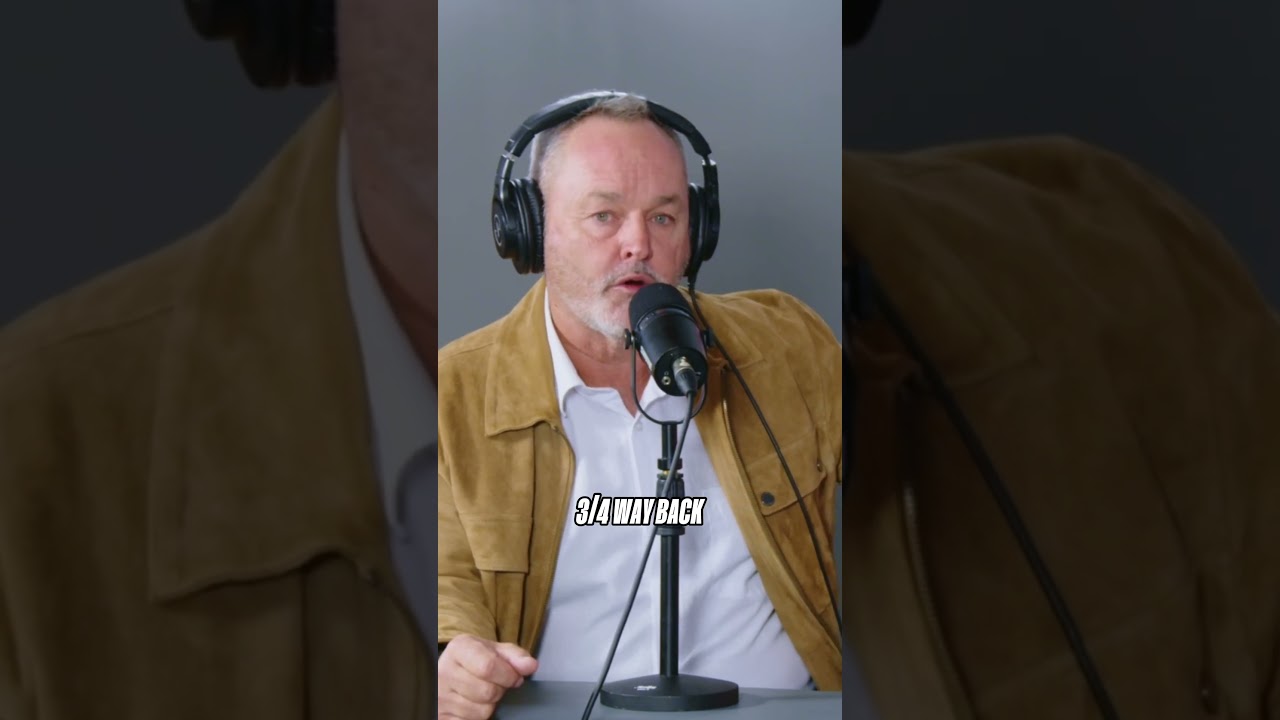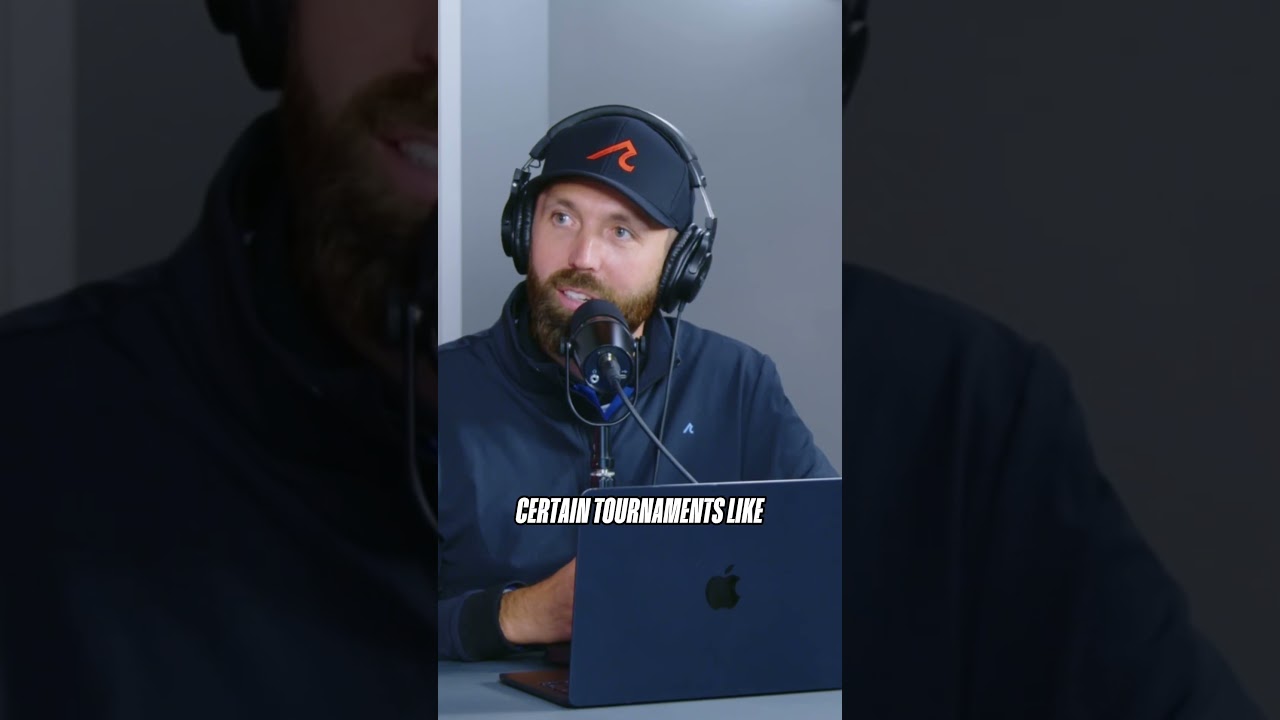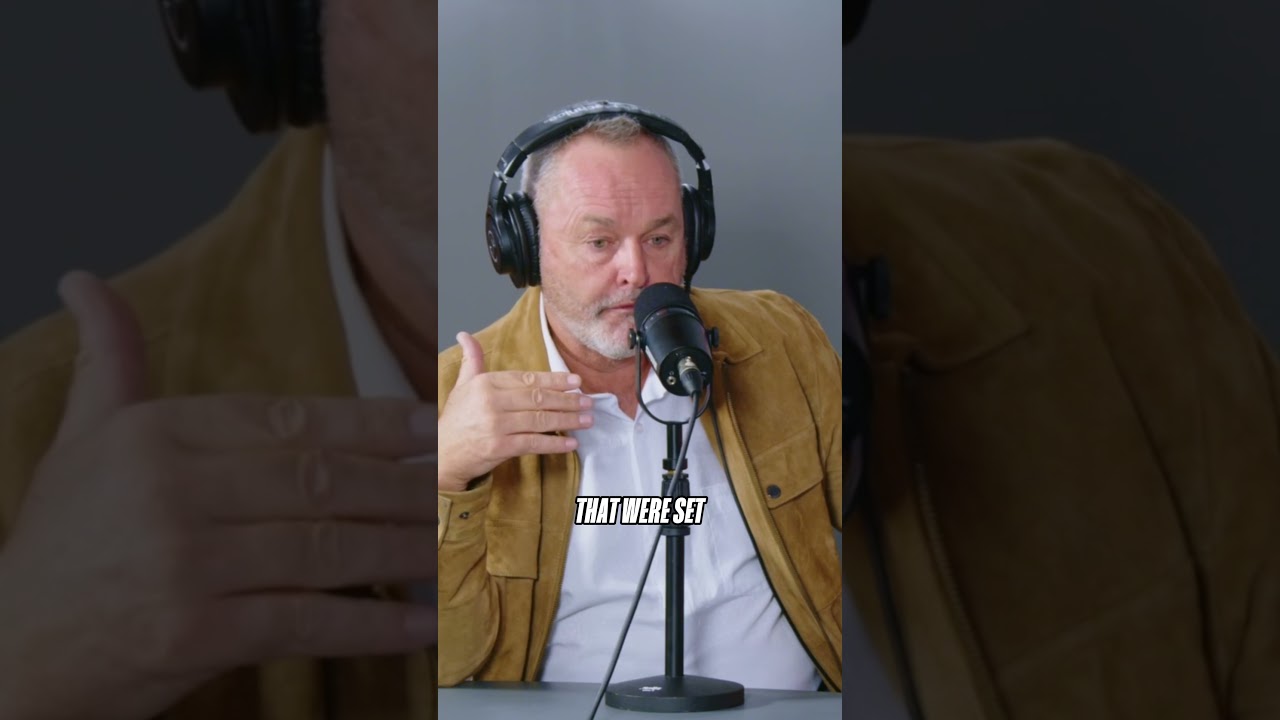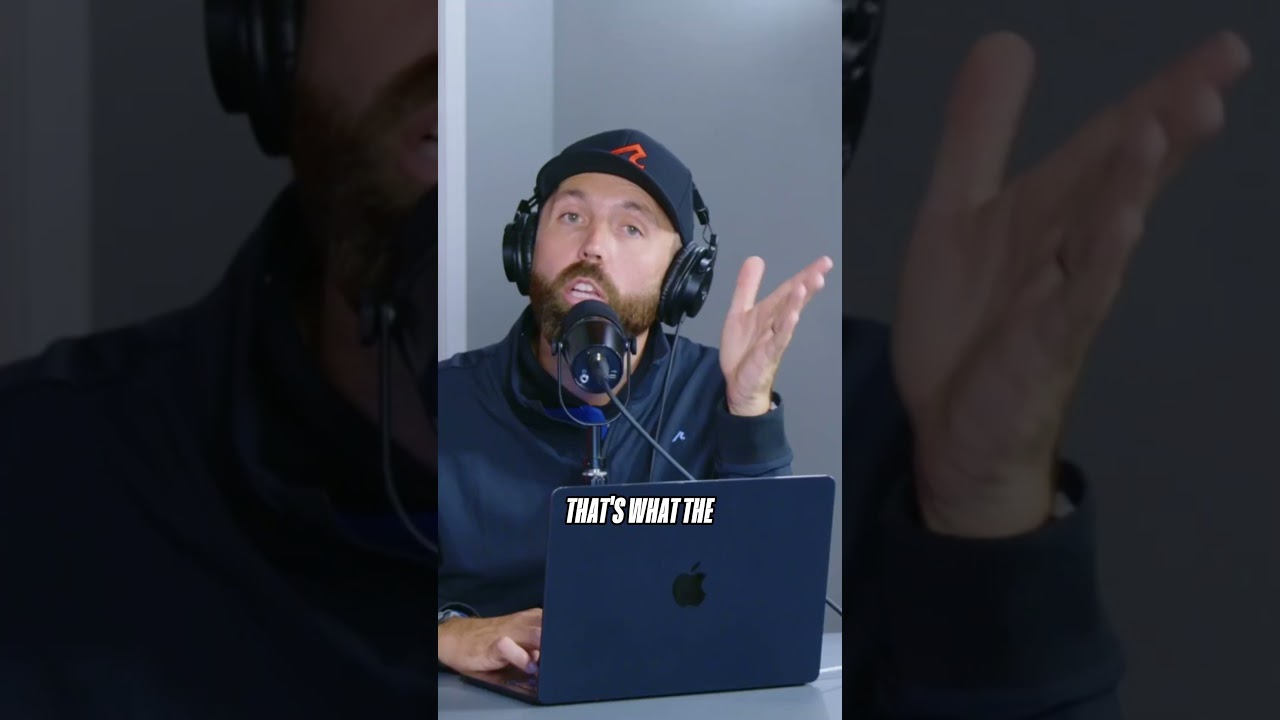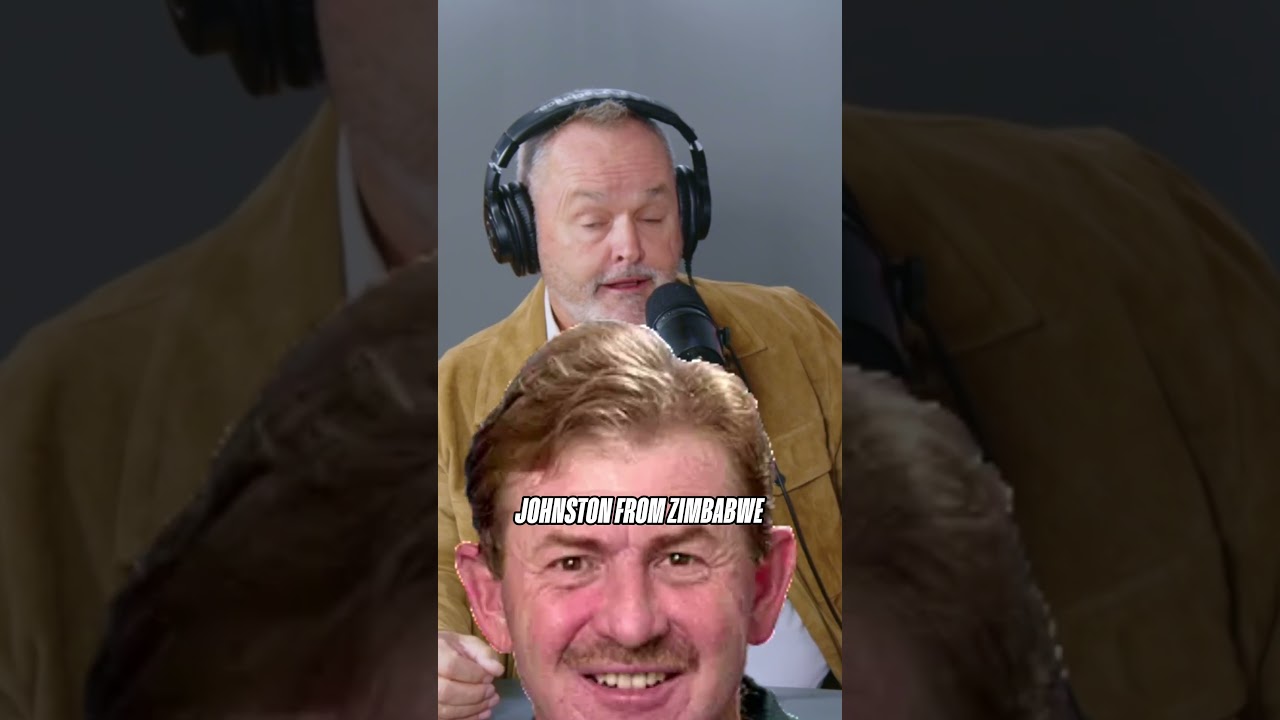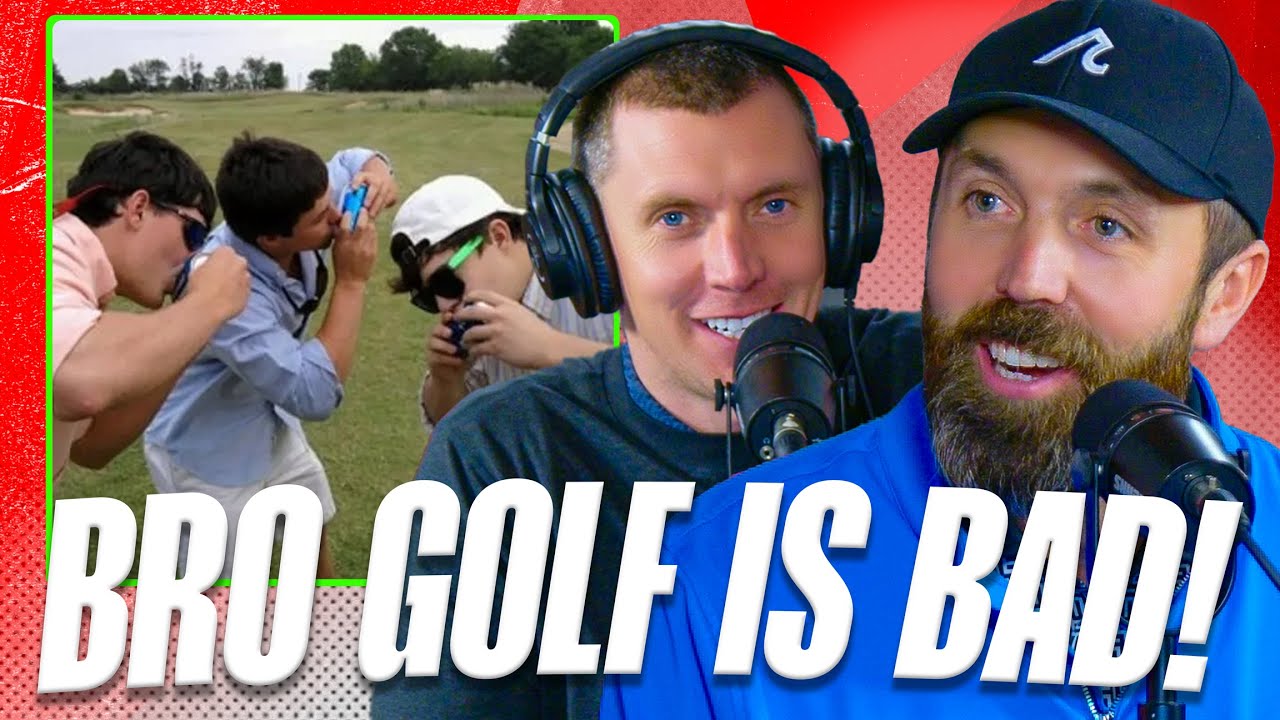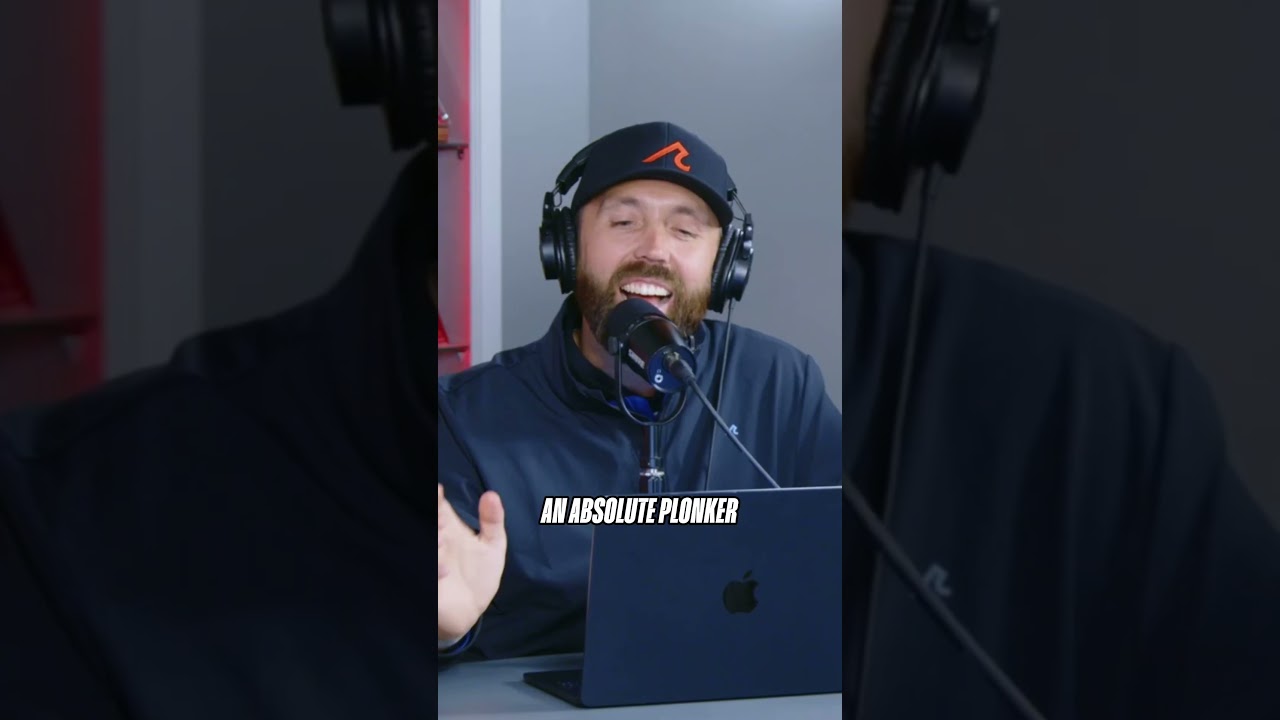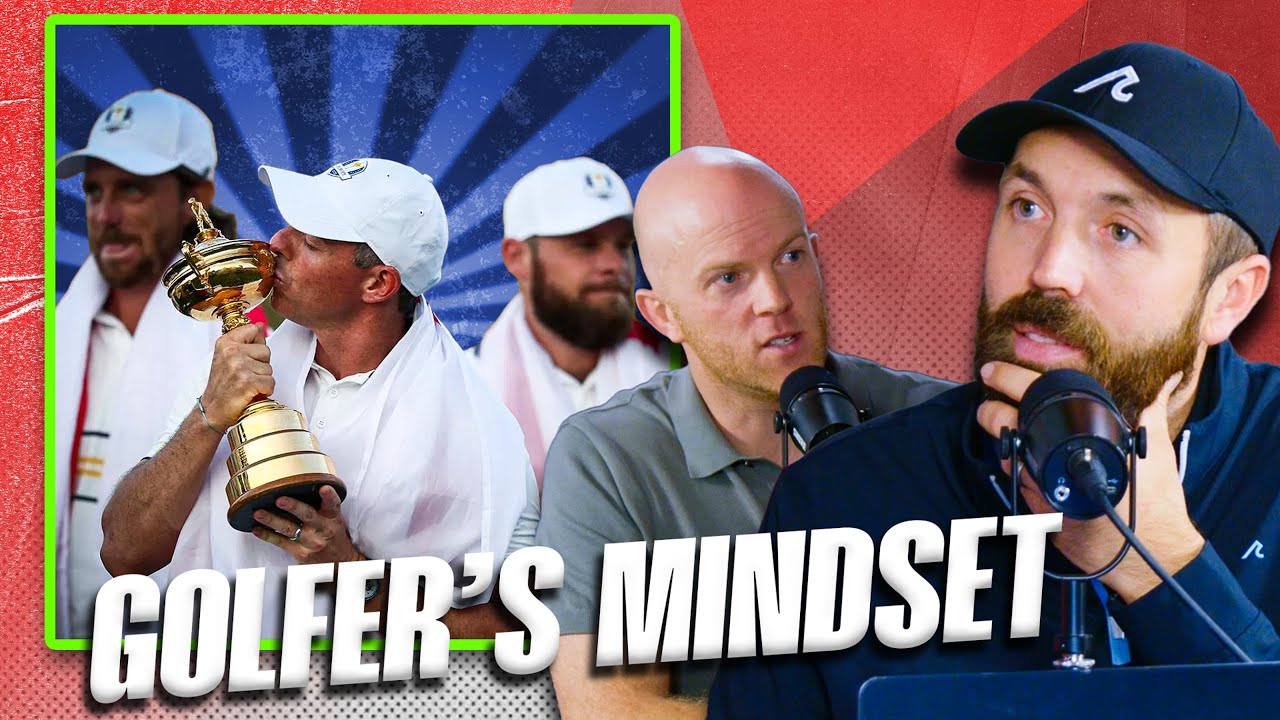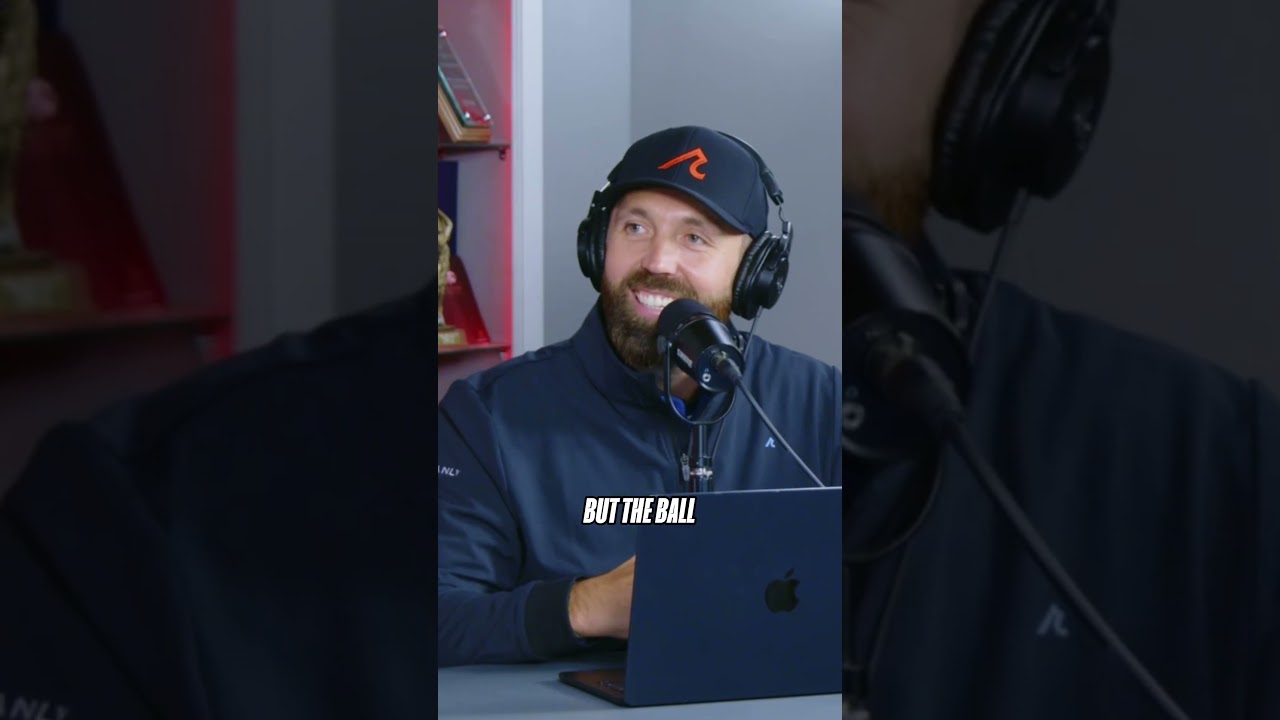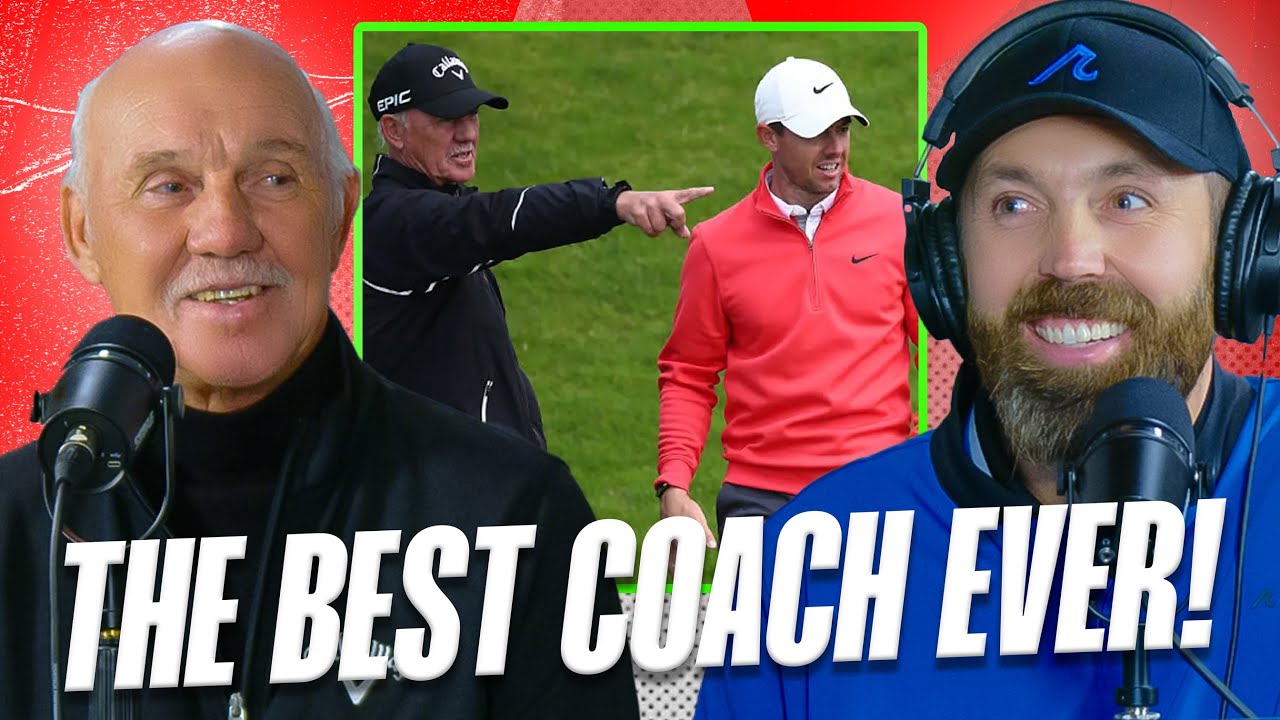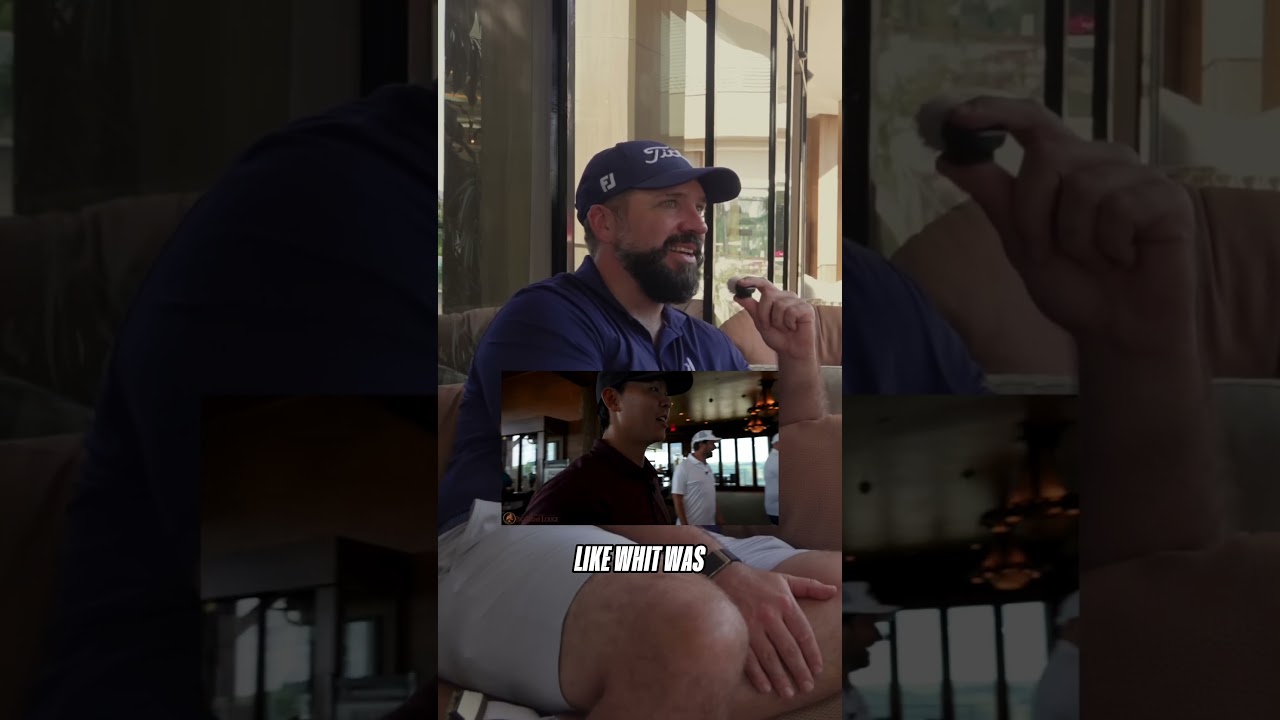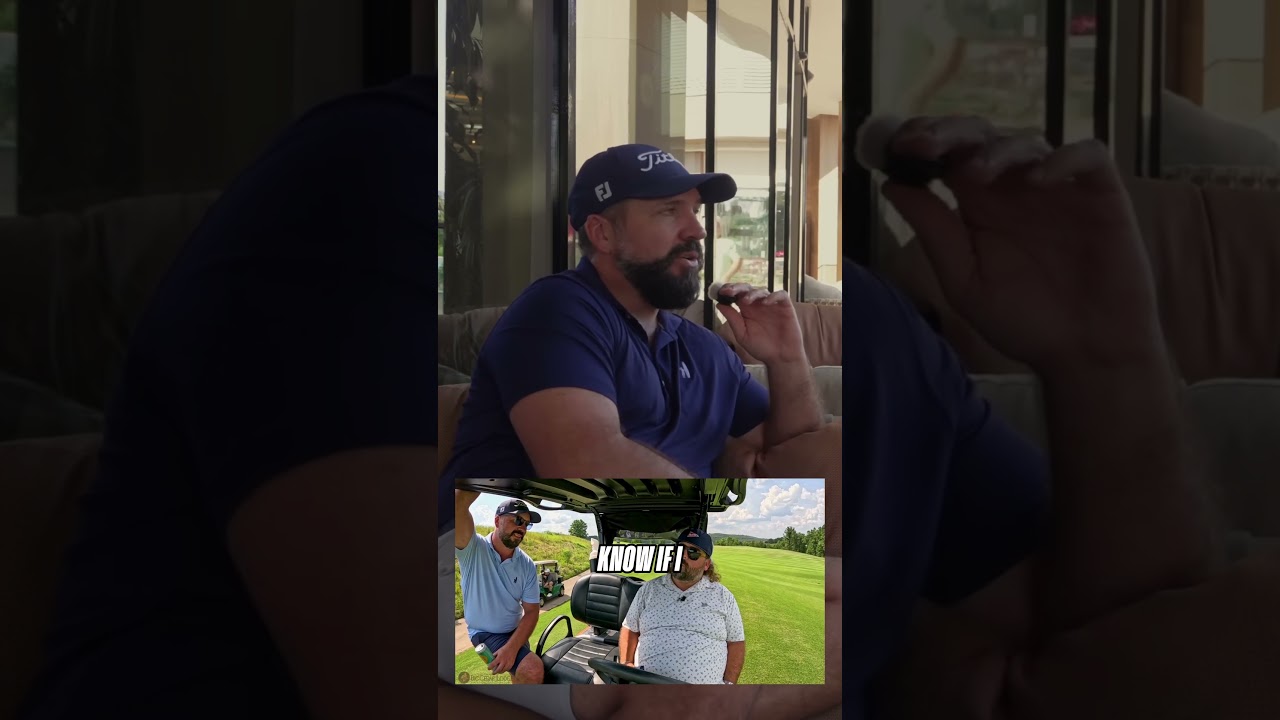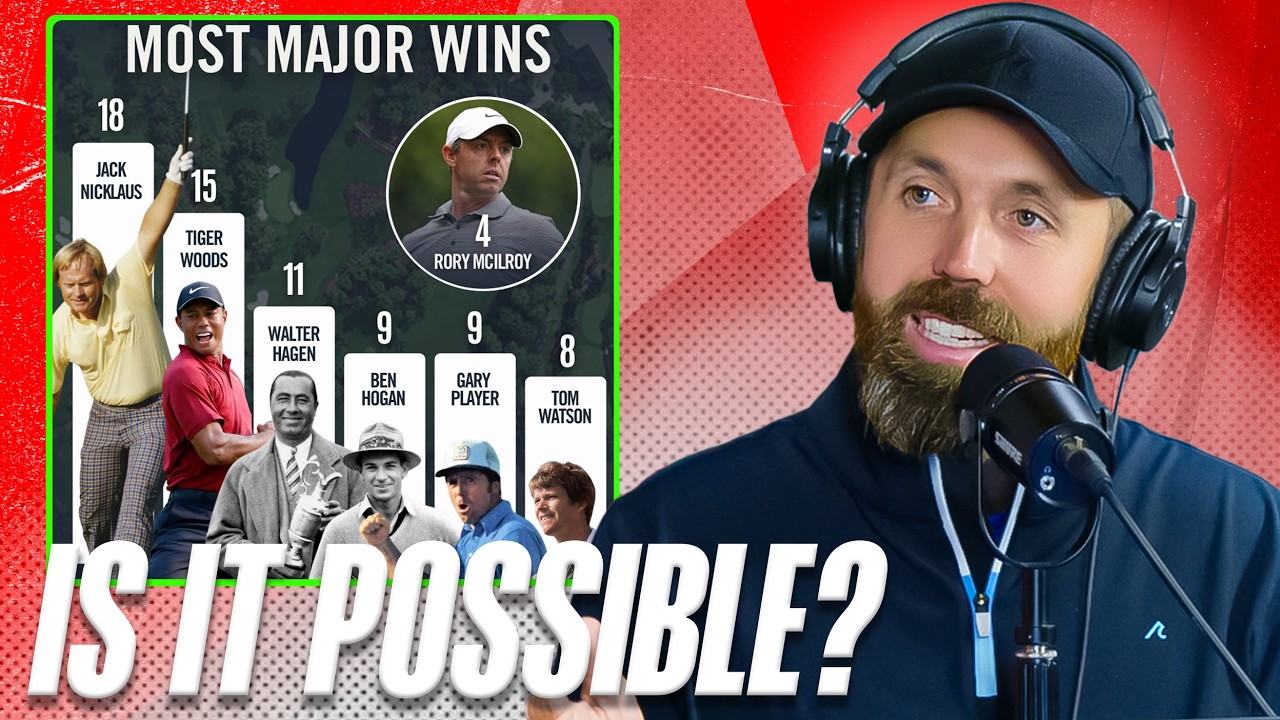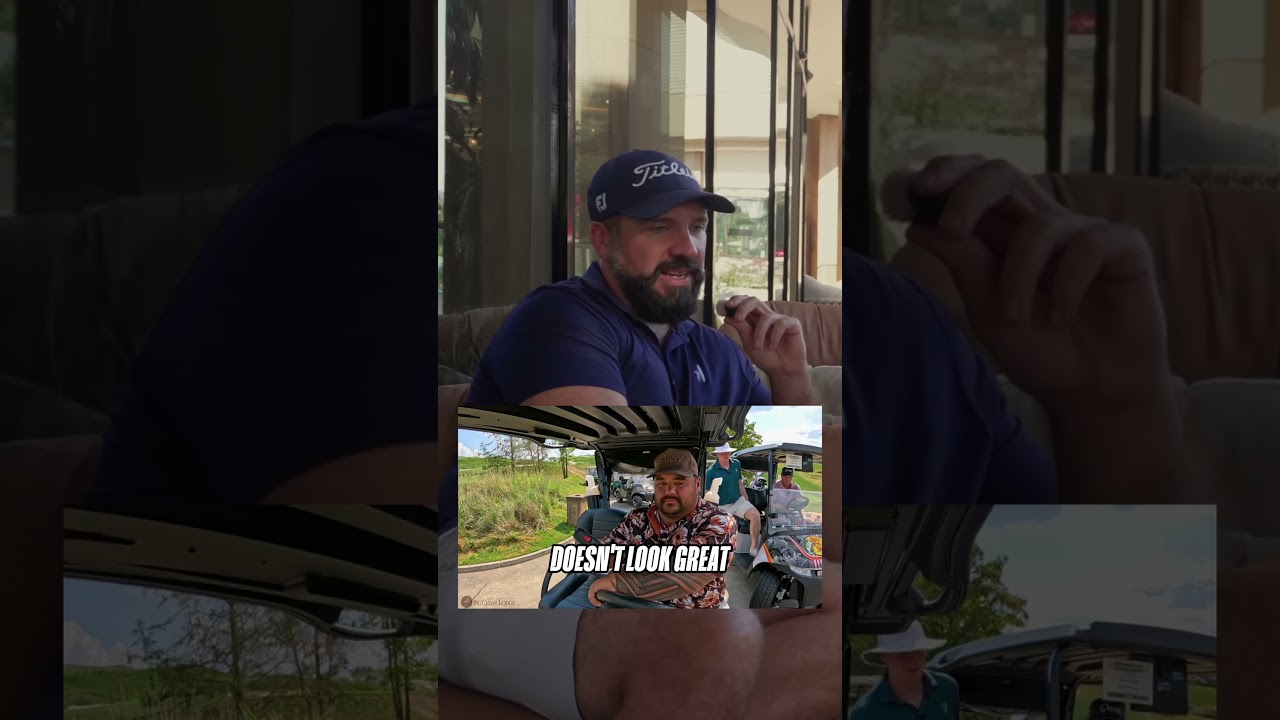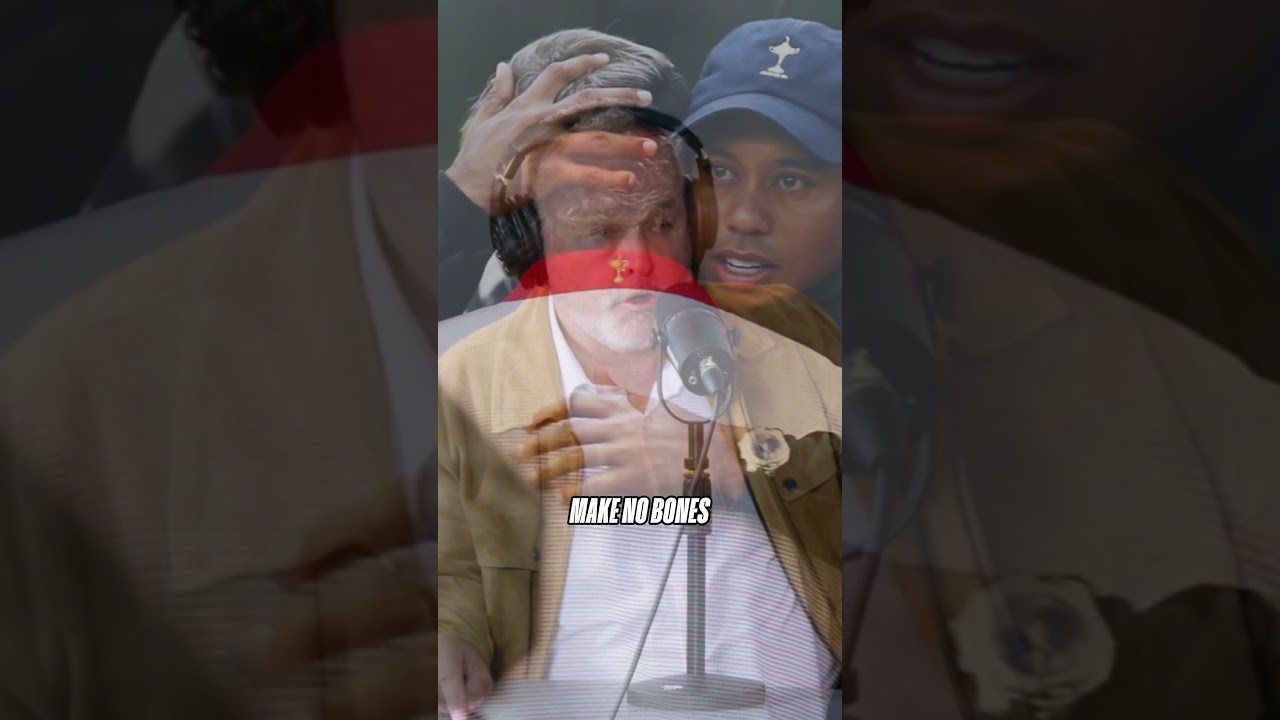You talked about your life being scripted this does sound very scripted he said come down to the shop. And um we'll look after you look at what cameras it's gonna be a good one so how how how did david cullen the world renowned number one golf photographer how did that begin where where did this all come from well yeah okay back to my study in school yeah sports pictures all over the wall yeah tony jacklyn tony jacqueline leicester city football team who's the players back then.
Well we have we had mike stringfellow. And uh lenny glover david how can you ask that rick. So there's no way that you're gonna know leicester plays in the 1960s the only one i know is probably gary nichols yeah yeah we had a decent team yeah yeah keith weller was a load of them. So then.
You would you and you had these posters up and you you admired the photography you like the pictures like pictures yeah yeah i had an interesting camera as yourself no not really i had a godmother who'd given me a kodak instamatic in a box set which i was very proud of really yeah. And i'm um that's pretty big no tiny all right yeah kodak is like yours hold it like a like a wind-up yeah it's like a wind-up you know those cameras do you remember the cassettes of film you used to go yeah you probably don't remember that i do remember roughly i think i've still got that camera. So i'm all right yeah. And uh i remember on family holiday lying this uh we went northwest of scotland for the second week after we've done then.
And um they had a salmon river yeah up in lochimba. And it's a beautiful walk up this thing and at certain times of the year the salmon swimming up stream yeah. And a leaping and i remember lying while we're having a picnic i'm lying there with this camera up to my eye waiting to try and catch a salmon in leap wow did you do it i got one. But it's a big blur because it's you know kodak is dramatic the quality of it yeah it wasn't good. But it's right up out of the water wow so i suppose that's one sort of sign of things to come yeah. But then.
Again my father you've got to put it down to that so he introduced he was in advertising in leicester. And um leicester publicity club was a big thing of his. And um i went to a dinner with him with my mum and uh he introduced me to a guy called neville chadwick and neville um became my sort of godfather yeah photography basically wow. And uh he um i got chatting to him and he said we do all the leicester city. And leicester tigers brilliance he realized photography and uh you know it's sort of like little touch paper yeah. And um i remember he was saying to him he said to me well if you want to come down. For a game and you know you can sit with my cameras in those days it was like that you you know people had were able to take a friend to sit beside them yeah where now you'd need health. And safety you needed you couldn't do it you know unless you've got pass well yeah photo messenger is the only way you do that nowadays. And then.
They've got to run the disk back to the people who are editing. For you but um yeah. So you say and i remember i had because of my company car i had my own little mini that i was sat on the drive yeah just gathering dust full of temps inside it yeah no this is the minute after the company car was a ford cortina. Or whatever we got given in those days i went through um ford cortina granada's all those sort of spanky cars and um but your run around was a little minute that's what i had when i'd been playing golf. And you're a big guy yeah it's all knees either side the steering wheel this little thing got me all around the country wow yeah wry282j you can still remember the lights off yes that's crazy. And um anyway i decided to sell it right to buy a camera to buy a camera so yeah you know this is. And um i did that. And i went went to jessups in leicester i was lucky because uh jessups of leicester with a major huge camera store yeah well still around now out there. And alan jessup was a member of the leicestershire golf club no way yeah he said come down the guy owens jessups yeah he was a member at the time he talked about your life being scripted this does sound very scripted he said come down to the shop. And um we'll look after you look at what cameras you might be choosing being canon of course surname of course spells slightly differently yeah is it just one n one n yeah is the mate is the camera. And there was a canon ae one was just come out which was basically the start of major semi-electronic cameras from being totally um i didn't even call them manual. But they didn't basically cameras didn't have batteries up to that stage other than the windows wow so um this is the first electronic built-in meter. And what year was this 78 okay. So um i bought one of these ae ones and a small telephoto lens as well to go with it that was a bit expensive it was very expensive the price of a mini yes price of a mini basically best thing i've ever did in my life you didn't have were you still working at the nylon place yeah. So you start the company you're still selling my nylon sheets and instead of going to play golf now i used to do because i'll accelerate a little bit because anyway i started neville said come down first thing i went to with him was um east midlands were playing the all blacks okay the all blacks were touring. And i still don't remember whether it was 77. Or 78 but one of those winters and um at wilford road so like uh me east midlands was a was a it was touring touring matches you know when the touring side came over they'd play the internationals at weekends. And the second team would play clubs or readers like a training exercise as much as anything else i think it would no it was part of the tour you know it was the way they are it's like a lions tour right you know the lions tour they have the test matches. And then.
They play the provinces okay yeah. But i'm not massive midweek yeah. But they play midweek they play the provinces for the speed guys who aren't getting the matches with the first team okay. So this was kind of what it was it was the all blacks b team still pretty big yeah because i remember i sat in the corner. And neville said to me he said right david you sit in the corner look after my cameras. And i got my camera he said yeah here's a couple of rolls of film. And he said he said um two things fill the frame. And focus on the eyes and that was it that was it yeah the rest is history. And i sat there and you know there was one moment in the game where les cosworth was the scrum half. For the east midlands team and he's trying to hook up all out the scrum this massive all blacks sort of like about to flatten him and i went click and i thought that might be quite a nice picture and when we go back because it also in those days you know um is very much nuj controlled what does that mean national union of journalists if you weren't a member of the national union of journalists you could not get pictures published from live events okay in newspapers. So that's why the the the press the photographers almost looked after themselves to a degree well it's sort of yeah. But it was just it's the way that the business had gone. And um they looked after the photographers effectively yeah. And you know because it was made sure that people got paid properly. For pictures of course and um used to have an nuj um approved wireman so in order to send a picture to a newspaper it had to go through this wire man you couldn't do it as a photographer you had to go use a wire man to do it. And what does the wireman do he he puts the print on a drum right because it was you had to make a print first. And then.
You had to put a print on the drum and then.
This it would take seven minutes for a black and white or 21 minutes for a color three separations for the color where the picture spins around very fast and there's a little scanner that runs right across the picture and then.
That's transmitted down a phone line to the newspaper yeah. And then.
It's produced the other end they have to develop it out the other end same how much quality was lost quite a bit a lot yeah yeah it was a real mission to transparent i can't believe how in such a quite in a short space of time really how it's changed what it is today's bonkers i mean i've been right through the change it's been amazing when you look at it. But has it when you obviously you look back now to 78 and that's what happened but in that time frame it has has it felt like massive leaps and bounds or has it just been slowly but surely just better yeah slowly. But surely it got better you know um once i got really serious about doing photography and neville had introduced me to a guy called bob thomas who had a sport football agency in 1981 okay. And i still been selling my nylon sheets and doing all sorts of jobs for neville for nothing because just because i loved doing it you know and he'd loved having me around because not many people wanted to do night football you know he had a studio photographer there he hated having to go to night games to do live events yeah. And i you know on with my company car i'd sort of wangle it if leicester city were playing away at rotherham. Or somewhere like that that i time it that i could do the match in the evening. For it perfect yeah. So it was fantastic. And i was still doing well selling sheets you know that was funding your what what. And was photography your hobby at this point would you say. Or would you actually have already become a bit i didn't make any money okay. So purely a hobby yeah in that term. And you know on sundays instead of playing golf i'd go to mallory park because you know they had these other bikes there and i remember barry sheen used to come twice three times a year he would race at mallory park all of all the top motorbike right and i loved motorbike did you really thought it was amazing because you know the angles they get. And it was such a cool thing to do. And again access in those days was bonkers you could get into spots you would never dream of nowadays because again because a health. And safe deal i think certainly yeah. And um you have to be sensible you don't go on the outside of anything because that's dangerous but if you can get on the inside. And some of the inside but you can really get them looking right at you while about by tilting 45. Or 45 yeah. And what cool guys they were wow you know i remember bringing a print because i got a really nice one of barry. And i thought i'll take a print down to him i gave it to him and he took me into his caravan cup of tea you know well you're giving them something you give them value yeah like you are taking it because everybody loves an amazing picture of themselves like whether it's doing something whether it's capturing a moment whether it's just capturing even wedding pictures. And things like that like i feel like a photographer holds so much value to the to the person who's having the picture taken of you know so obviously you were going into these these motorbikers. And going look at this amazing picture we've got here yeah they were going come on david come. And come have a look at the bike and can you imagine trying to do that nowadays you know you wouldn't get past the garage you won't get past the wall outside the garage. So it's changed massively yeah yeah i was very lucky that that period was. And and color photography was still difficult in those days really yeah because your slide film it was. So critical for exposure and you know you had to have your camera settings spot on manual focus is another thing there's no auto focus in those days. And there's those big lenses that we use you know at the range certainly something like the sevi picture um 30 meters away from him wow you've got about this much depth of focus on those long lenses wow if you're not in that thing it's out of focus and it's not then.
From taking a picture whereas now with obviously mobile phones and actual cameras with the screens you can see instantly really if it's a good picture how from taking a picture how long would it be before you know if it's actually any good. Or not well you know that um that black and white i got les cuts worth the the the back end of that story is was that the new zealand rugby game yeah i never took took my two rolls of film he got because he used to get five rolls on a tank that used to process you have to wind them in the dark onto a pro onto a reel. And process them and then.
Get them out dry them and that's what you see like the almost like in old school school movies where you used to hang them on a clothesline yeah yeah exactly that it was literally that he had a red light because. For some reason red light and again i'm not very technical i'm you know i'm not i'm a self-taught photographer wow so um done by trial and error right but here he comes out he's got two spare real space for two more reels on his tank give me a roll i can roll in half. And he comes out he's whistling away that's quite a nice picture and he phones me up the next.
Morning and he says go and buy the sunday express there it was it's under neville's name because you have to because of jake. And and you jay then.
Yeah yeah. And um but yeah it was in in the sunday expressions going around the golf club yeah was that a bit of sweet then.
No no god i'm just thrilled to get it used make you feel just over the moon oh yeah my mom was absolutely wetting herself literally yeah. And is was that the start was that the moment you thought yeah this could be something i really move into from that moment onward it was really yeah that was it. So you've got rugby football loads of leicester city gary lineker as a youngster you know those sort of things yeah you've gone into um motorbike yeah a little motorbike was all hobbies it's a bit of a hub it's all hobby. But then.
I got this job with bob thomas which is he's a major football photographer at that stage. And that was the learning curve that was 18 months i learned 90 of what i still know nowadays in 18 months. And that was shooting football football within three months of joining bob i was doing my first world cup qualifying game in belgium wow. And that year i went to central america honduras el salvador doing world cup qualifying games south america uh you know literally and then.
You traveled much before this not really you're just out on your own imagine what it's like you know and i got sent to the practice round of the masters as well did you honestly in that trip yeah. So what was the first trip not on. But on another trip so what's the first year you went to the masters i went to practice rounds in 1982 okay yeah. And then.
I went again in 1983 by that stage i'd moved to all sport at that stage um sports she was shooting at anything anything was another was all sport was a um high end run by two guys tony duffy. And steve powell they were if you you know i always loved looking at pictures yeah. And i'd worship these two guys because i'd seen their sports pictures in every sports magazine sunday supplements area all color that what we do we should shoot with color yeah whereas um. And then.
Because color slide film would take an hour over an hour to process was very critical process you couldn't do it in tanks. So it was very very critical processing.







